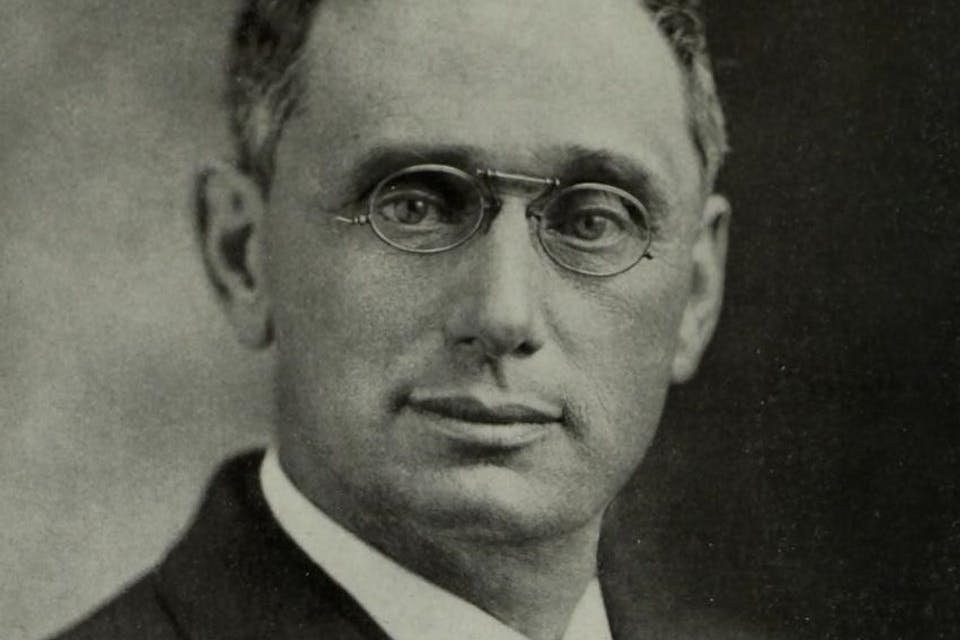
August 4, 2016
What Would Brandeis Do?
Considering the achievement of the American Jewish legal giant, a new biography also asks what he would make of Citizens United and other contemporary issues.
One hundred years ago this year, President Woodrow Wilson nominated Louis D. Brandeis as the first Jew on the Supreme Court. It was a controversial move, not least because much of the American legal establishment, as well as the business community, considered Brandeis a radical. In response, the Senate decided, for the first time in its history, to hold hearings on a Supreme Court nomination. The four-month process featured 43 witnesses; an anti-Brandeis petition from Harvard’s president and 54 prominent Bostonians; and a letter opposing the nomination from seven former presidents of the American Bar Association.
In the end, the Senate confirmed Brandeis with 47 votes in favor, 22 against, and 27 not voting. He served 23 years on the Court, and his opinions on free speech, privacy, federalism, and judicial restraint became among the most influential in American history. He was also the most prominent American Zionist of his time and played an important role in the issuance of the Balfour Declaration.
There are many Brandeis biographies—including magisterial works by Alpheus Thomas Mason, Philippa Strum, and Melvin I. Urofsky. At 208 pages, Jeffrey Rosen’s new book, Louis D. Brandeis: American Prophet, is not intended as a comprehensive biography but rather as a concise study of his thought and character, with an epilogue discussing his significance today entitled “What Would Brandeis Do?” The book is a welcome addition to the literature, but some of its conclusions are problematic.